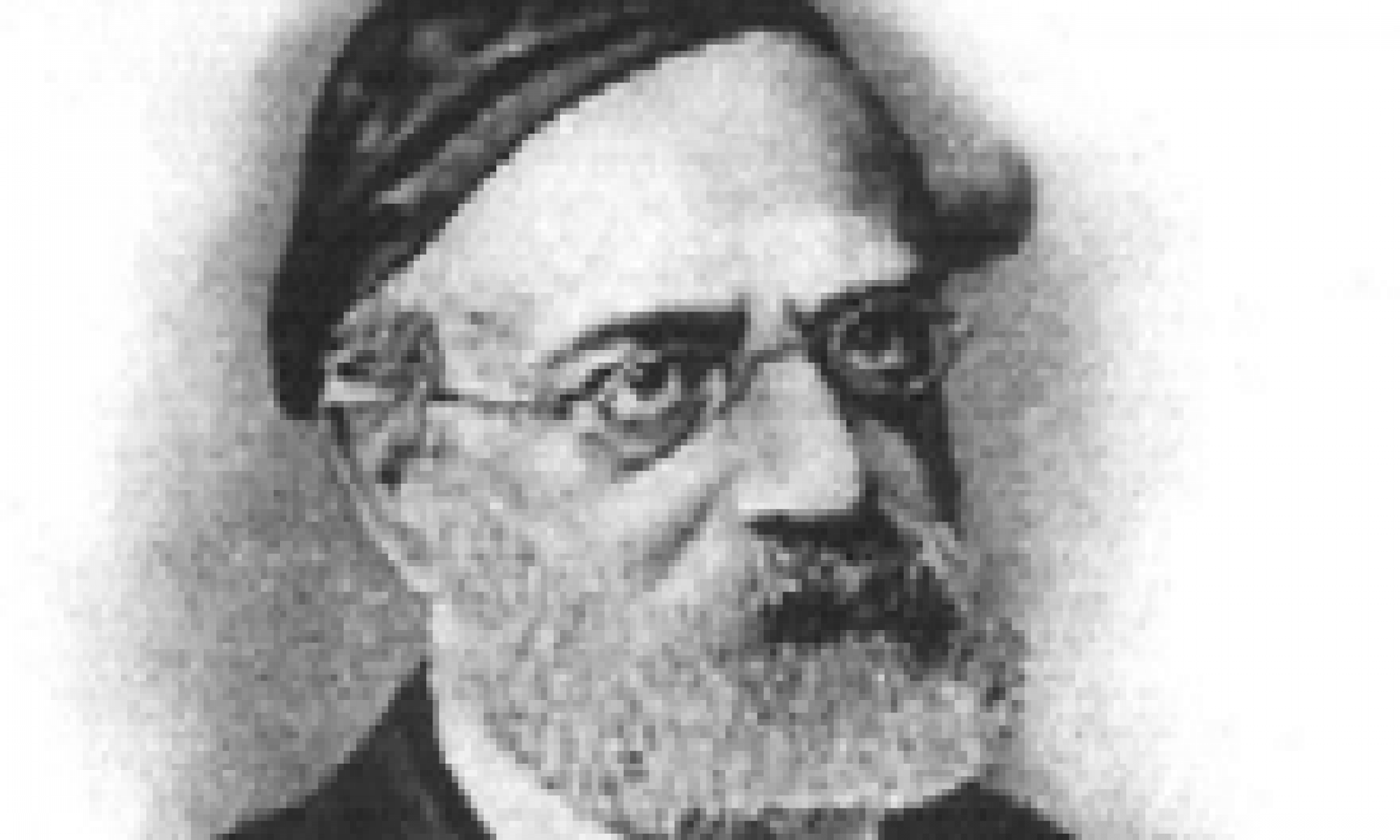וירח השם את ריח הניחח ויאמר השם אל לבו לא אסף לקלל עוד את האדמה בעבור האדם כי יצר לב האדם רע מנעריו ולא אסף עוד להכות את כל חי כאשר עשיתי
God took note of the expression of compliance (וירח השם את ריח הניחח) and God said to Himself: Never again will I curse the earth for the sake (בעבור) of man when (כי) the design (יצר) of man is evil from his youth, nor will I ever again destroy every living thing as I have done.
_____
Until the time of the Mabul, whenever man wasn’t living as God wanted, God thwarted the development of the earth. This was for man’s benefit and for the sake of his moral and spiritual growth. From now on, He will not limit its fertility in order to educate man. Instead, there is a “plan B” for the new world order, to be explained in verse 22.
_____
The phrase “כי יצר לב האדם רע מנעריו” has been misunderstood. כי shouldn’t be translated as “because”. RSRH has 3 reason why not:
- What would be the explanation? “Because it would be of no use?” (That God’s educating powers don’t work?) That would not be befitting God’s dignity and majesty to speak like that of Himself.
- Above 6:5, the reason for God bringing the Mabul was because of man’s yetzer hora, now the reason for clemency is the very same yetzer hora? That’s contradictory without an explanation.
- The way the verse is structured (see commentary)
The verse should be read as follows: (Even) if (כי) man should become evil, even evil from his youth, and the destruction of the world would seem to be the only of salvation, I will never curse the land, as I have done previously. (Rather there will be a “Plan B” as is explained in the following verse.)
_____
The wording of “even if” teaches that this is not the typical behavior. Normally, the youth are not assumed to be evil.
The word for youth is נער which means to shake off.
Young people want to develop out of themselves; neither good nor bad impressions are permanently absorbed by them. A youth’s nature is still in its original state; it is not yet cloaked in hypocrisy; it still shakes off both good and bad impressions.
Youth are neither tsaddikim or reshaim. Woe unto him who thinks the average youth has a wicked nature. The thoughts of a person are not evil from his youth. There are more adults aspiring to evil than youth. Yes, youth will do many things that are evil but that’s because they haven’t yet learned to subordinate themselves to the yoke of mitzvos. Self control and obedience to duty appear burdensome to them. They want to “shake off” this burden. Intellectual immaturity gives youth the mark of obstinacy. (God chose Israel because they are a stiff-necked people. Ultimately they would overcome their obstinacy and then would use it for good.)
It is adults, not youth, who are addicted to base desire and greed and mock idealism, calling it “youthful dreams”. Once a person becomes an adult and “clever”, he learns to accommodate and conform, but he also succumbs to desire and selfishness.
All people are born with this youthful spirit and it is this very independence of will that, when harnessed and directed, is the root of the moral personality of the future adult.
Once a person realizes that the ultimate goal of God’s Law is freedom and not restriction, he is filled with youthful enthusiasm and he resolves to dedicate himself to every noble ideal.
Beraishis 8:21
pages 213-215

